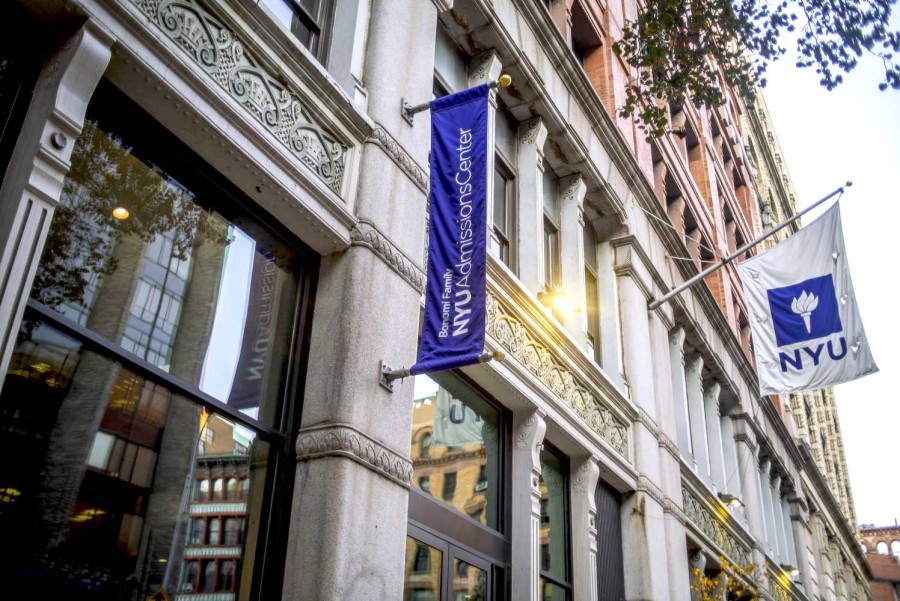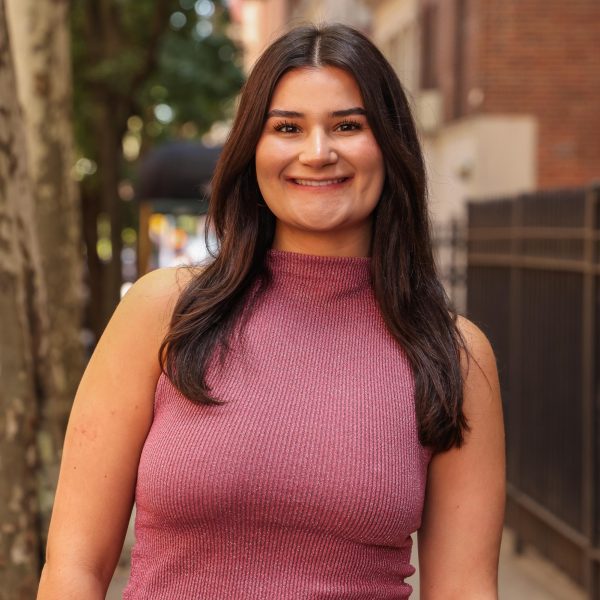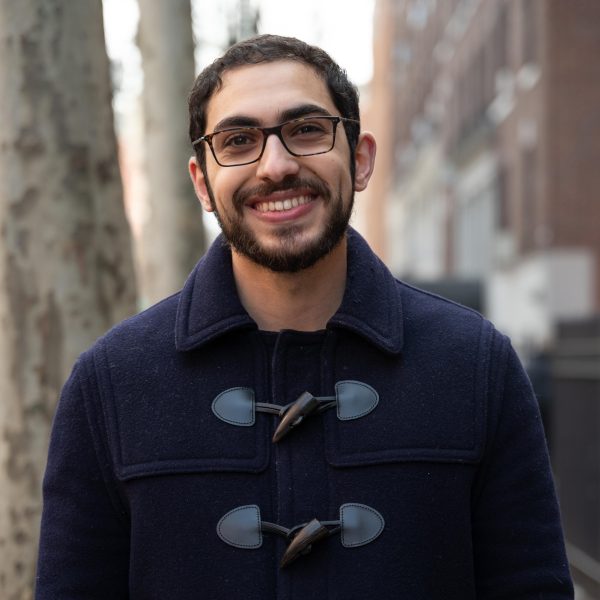‘A step backwards’: NYU leadership on Supreme Court affirmative action ruling
The university said it remains committed to promoting diversity on campus following the U.S. Supreme Court’s decision against the use of affirmative action in college admissions.
File photo: The NYU Bonomi Family Admissions Center (Photo by Justin Park)
July 3, 2023
NYU leadership expressed disappointment at the U.S. Supreme Court’s decision to strike down race-sensitive college admissions practices in a letter to the university community on Thursday, calling the decision “a step backwards” and reaffirming its commitment to diversity and inclusion.
While the letter was not specific about how the university plans to respond to the decision, recently appointed NYU president Linda Mills, former president Andrew Hamilton and Interim Provost Georgina Dopico assured students and faculty that the university has been preparing for it.
“At NYU, diversity is a core part of our identity,” the letter reads. “However this ruling may change the laws with which we must comply, we will not forsake our commitment to building and sustaining a scholarly community that is diverse and inclusive, a community to which you all rightly belong.”
According to NYU’s 2022-23 Common Data Set — a report with information on enrollment, academic offerings, class demographics and other university data — an applicant’s race and ethnicity are “considered” in its admissions. The university has increased diversity among the student body over the last few years, with this year’s admitted class being slated to have “no racial or ethnic majority.”
The Office of Global Inclusion, Diversity, and Strategic Innovation — which aims to promote inclusivity and diversity at NYU — said it will provide support for students in the aftermath of the decision in a Thursday statement. The OGI plans to hold processing spaces for students and organize a panel discussion in July to address the implications of the ruling on the university.
“Research and data overwhelmingly demonstrate that our diverse lived experiences are not and have not been equitable and that race as a lived experience continues to ‘matter’ regarding access and opportunity,” the statement reads. “Even as we get more clarity about the meaning of this ruling, we will continue our commitments to equity and inclusion for all members of our community.”
The two cases included in the Supreme Court’s decision, one against Harvard University and another against the University of North Carolina at Chapel Hill, were filed in 2014 by Students for Fair Admissions — a nonprofit organization of students and parents against race-sensitive college admissions practices. The group claimed that race-sensitive admissions made it more difficult for white and Asian American students to be admitted to UNC-Chapel Hill and for Asian American students to be admitted to Harvard.
The court’s conservative majority decided against both universities, arguing that considering race in college admissions decisions violates the Equal Protection Clause of the 14th Amendment and Title VI of the Civil Rights Act of 1964.
Throughout both cases, NYU has been an advocate for affirmative action in admissions decisions. In 2015, the American Council on Education, which NYU is a part of, submitted an amicus brief alongside 38 other academic institutions in support of race-sensitive college admissions to the court, warning that banning these practices would disadvantage minority applicants.
Mike Nguyen, a professor at the Steinhardt School of Culture, Education, and Human Development who is also a co-author of the amicus brief, said that universities must now focus on initiatives that improve diversity and inclusivity on campus through academic and research opportunities.
“Colleges and universities, now more than ever, should promote policies and practices that widen educational opportunity and work towards eliminating racial inequality in higher education,” Nguyen said. “These campus-based actions should be designed in a manner that promotes students’ full selves.”
Nguyen also said that the Supreme Court’s decision does not prevent minority applicants from sharing their lived experiences in their college admissions essays and that students should be encouraged to do so.
NYU has recently made it easier for applicants to share these experiences in its essay prompts. For the 2022-23 admissions cycle, NYU removed its “Why NYU?” essay, replacing it with an optional diversity-related essay question on the Common Application.
Steinhardt professor Lisa Stulberg, who has researched affirmative action in higher education, said that ending the practice, which has been in place since the early 1960s, has created uncertainty around legal precedents in college admissions.
“This decision today is a historic and really concerning break with legal and policy precedent,” Stulberg said. “As an educator who is strongly committed to diversity and equity in my classrooms and my campus, I am also very concerned about how today’s ruling will impact the educational experience of all students.”
Previous cases of bans on affirmative action in college admissions, like at the University of California, Berkeley in 1996 and the University of Michigan in 2006, limited the enrollment of Black and Latine students. In 2019, UC Berkeley’s first-year class comprised 15% Latine students and only 3% Black students — less than the percentages of Latine and Black high school graduates that year. At the University of Michigan, Black student enrollment has fallen 44% since the school stopped using race-sensitive admissions.
Domingo Morel, a professor at the Robert F. Wagner Graduate School of Public Service, said that while there are alternative ways for NYU to diversify its student body, it will require deliberate efforts from university administrators, the admissions office and faculty.
“Although we should be concerned about the potential implications of the affirmative action ban, we, as faculty, students, staff and administrators, do not have to accept any reality where the ability of Black, Latinx and other students of color to get accepted to our university is limited,” Morel said. “It just means we have to be more active, vocal and imaginative to ensure that we continue to accept students of color, and indeed increase the number of students of color at NYU.”
Contact Bruna Horvath and Yezen Saadah at [email protected].


























































































































































